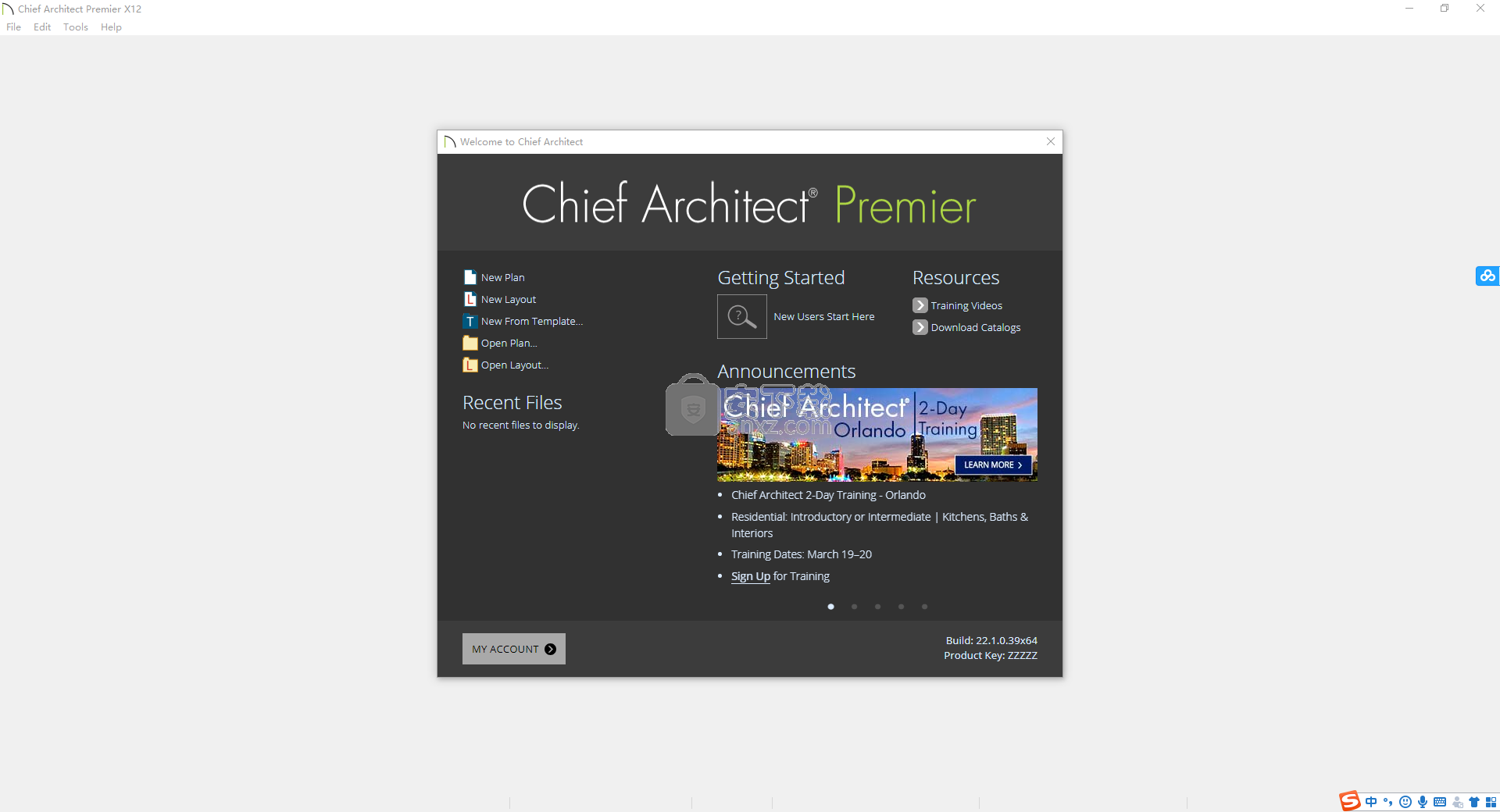

This is undeniable to anyone who has looked into the technology. If you had three wishes for the crypto-space and a genie that could make them come true, what would they be? 2 Subscribe to the E-Crypto Newsletter The future of decentralization is going to be in blockchain platforms for operating smart contracts. How did you get started with decentralized ledger technologies (DLT’s)? 1.10 10. Do you think that people could adopt decentralized ledger systems and abandon cryptocurrencies? 1.9 9. In your opinion, what do you think is the greatest roadblock as regards cryptocurrency adoption? 1.8 8.

How can people get involved with the Telos ecosystem? 1.7 7. What contributions is the Telos blockchain bringing to the crypto-space? 1.6 6. In your opinion, is this the end of the road for smart contracts or is there more to come? 1.5 5. How can smart contracts become more dynamic? 1.4 4. What do you think blockchain systems will be like in five years’ time? 1.3 3. In your opinion, are smart contract-enabled blockchain systems the future of the decentralized space? 1.2 2. Here is what he shared: Contents 1 Douglas Horn, Chief Architect of the Telos Blockchain 1.1 1. He shared his insights with us on many issues. As a result of our collective musings, we decided to reach out to Douglas Horn, the Chief Architect of the Telos blockchain. Recently at E-Crypto News, we were considering the influx of new blockchain systems and other fundamental concepts critical to the DLT space. April 6, 21:30 UTC: This article has been updated to include comments from Marco Santori received after publication. Additionally, Cointelegraph reported on March 12th that Kraken had launched Forex trading for nine new fiat currency pairs. The announcement follows Kraken’s recently announced expansion plans in India after the country’s lift of a crypto ban. Kraken’s new CLO told Cointelegraph that he intends to grow the legal team up and out to set the stage for future growth into new product lines and markets. regulators’ approaches to initial coin offerings. Regarding his plans for the future, Santori added the following: Santori is also well-known for being one of the authors in the SAFT Project’s paper “Toward a Compliant Token Sale Framework,” which has played prominently in U.S. Speaking with Cointelegraph, Santori pointed out on some obstacles that crypto industry is facing nowadays in terms of regulation: In the company’s announcement, Santori highlighted the fact that the industry has undergone significant changes since his 2012 entry into the crypto world: Regarding what lies ahead at Kraken, the new company’s CLO stated that balancing effective advocacy across multiple regulators is a “challenge,” not only because of the different laws in their jurisdictions but also, because of the variety of cultural approaches. He is also an advisor to the International Monetary Fund, the blockchain ambassador to the State of Delaware, and the chairman of the Regulatory Affairs Committee of the Bitcoin Foundation.
CHIEF ARCHITECT CATALOGS PROFESSIONAL
Among his professional experience, Kraken’s new CLO worked for as President, in addition to being part of the Cooley LLP and Pillsbury Winthrop team. Santori is known for his work in litigating, advising and creating new laws in the crypto industry. based crypto exchange Kraken has appointed Marco Santori as the company’s new chief legal officer (CLO), according to an announcement shared with Cointelegraph on April 6th. SAFT architect and crypto lawyer Marco Santori is now in charge Kraken’s legal team News The U.S. Santori joins to the Kraken’s legal team with broad experience in working on legal frameworks for the crypto industry, including SAFT.


 0 kommentar(er)
0 kommentar(er)
